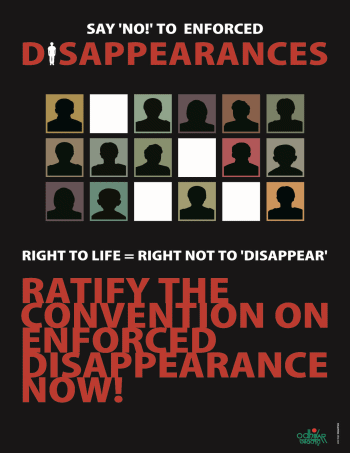3 May is World Press Freedom Day, as recognised by the United Nations. This year’s theme for World Press Freedom Day, “Information as a Public Good”, serves as a call to affirm the importance of cherishing reliable information as a public good. However, while this day is being commemorated all over the world, the freedom of the media has been severely endangered and threatened by disrupting the free flow of information and authentic and objective news distribution in Bangladesh. The ruling Awami League government controls most of the media, especially electronic media, through its supporters and affiliates who own the media houses. As a result, the publication of fair and objective news is being hampered and there is an extreme deficit in maintaining the professionalism of the neutral media. Most of the mass media in the country are subservient to the government and ruling party; and are distorting information against the opposition political parties/organisations and dissidents. Meanwhile, the government continues to put pressure and intimidation on a few media outlets trying to operate independently. Pro-opposition electronic and print media – Channel 1, Diganta TV, Islamic TV and Amar Desh – have been shut down by the current government for many years.
Due to the lack of freedom of the press, journalists are being attacked and harassed in different ways, including having false cases filed against them. According to data collected by Odhikar, from 1 January 2009 to 31 March 2021, a reported total of 16 journalists were killed, 1,100 were injured, 346 were assaulted, 386 were threatened and cases were filed against 318 journalists while performing their professional duty. According to the 2021 World Press Freedom Index, conducted by Reporters Without Borders on 180 countries, Bangladesh ranks 152nd (score 49.71), which is one step lower than the last year.
It is to be mentioned that Mahmudur Rahman, the Acting Editor of the daily Amar Desh was arrested and tortured for expressing his opinion. He has also been harassed with 125 cases filed against him and he was forced to flee the country. Due to the lack of press freedom, news is relayed via social media – mainly Facebook. Unfortunately, this too has its risks. During this period, the repressive Information and Communication Technology Act 2006 (amended 2009 and 2013) and the Digital Security Act, 2018, both known to be violative to the freedom of expression, are being widely used against journalists, human rights defenders and the ordinary public. Furthermore, there are also allegations that many detained journalists were tortured on remand. Meanwhile, on 20 April 2021, police arrested Abu Tayyab, Khulna bureau chief of NTV and Khulna bureau chief of the daily Lok Samaj (published from Jessore), in relation to a case filed under the Digital Security Act, 2018, by Awami League leader and Khulna City Corporation Mayor Talukder Abdul Khaleq, for publishing news of corruption on Facebook. Photojournalist Shafiqul Islam Kajal was picked up and kept in an unknown place for 53 days last year for writing against a Member of Parliament of the ruling Awami League on social media. After 53 days of his disappearance, he was shown as arrested and a case was filed against Kajal under the Digital Security Act and he was detained in jail. On 25 December 2020, finally he was released on bail after 237 days in jail.
Journalists and the media activists are being attacked and imprisoned in jail as victims of the cases filed against them, for publishing ‘unfavourable’ news against members of the ruling party and their family members. Ruhul Amin Gazi, former President of the Bangladesh Federal Union of Journalists (BFUJ) and Chief Reporter of the daily Sangram, and Sadat Hossain, News Editor of Sangram, were arrested for publishing news in their newspaper. They are still imprisoned. Journalists Sagar Sarwar and Meherun Runi were killed in 2012 under mysterious circumstances and the government has not been able to resolve the matter till date.
Odhikar hopes that in today’s terrible crisis in the media, independent media activists will unite to stand up against repression and strive to maintain the highest level of professionalism. On World Press Freedom Day, Odhikar calls on independent media activists and civil society actors to form a united movement to repeal all restrictive laws and regulations, including the draconian Information and Communication Technology Act and the Digital Security Act, to remove barriers to freedom of expression.
In solidarity,
The Odhikar Team
www.odhikar.org
Statement_World_Press_Freedom_Day_2021 (full text in English, PDF)




